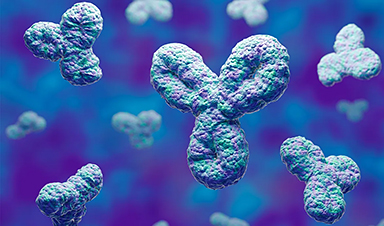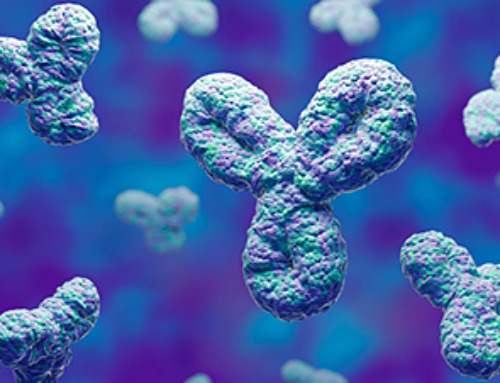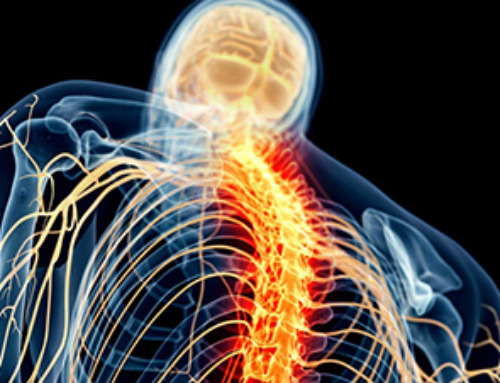Australia has become the first country to recognise psychedelics as medicines, after the Therapeutic Goods Administration took researchers by surprise and approved the psychedelic substances in magic mushrooms and MDMA for use by people with certain mental health conditions.
MDMA and psilocybin, the active ingredient in magic mushrooms, will be considered schedule 8 drugs – meaning they’re approved for controlled use when prescribed by a psychiatrist – from July this year after the TGA acknowledged there were few other options for patients with specific treatment-resistant mental illnesses.
The changes will allow MDMA to be used to treat post-traumatic stress disorder, and psilocybin for treatment-resistant depression. They will still be considered prohibited substances – or schedule 9 drugs – for all other usages.
“Prescribing will be limited to psychiatrists, given their specialised qualifications and expertise to diagnose and treat patients with serious mental health conditions,” a TGA statement published on Friday said. Psychiatrists will also first need to be approved by the TGA’s authorised prescriber scheme.
Stephen Bright, the director of the Psychedelic Research in Science and Medicine charity, said the decision made Australia the first country to recognise psychedelics as medicines, but it was not anticipated by the sector. “It was unexpected given that Australia is such a conservative country,” he said.
‘There are no products available, and aside from myself and a handful of colleagues, there’s no-one trained to provide the treatment.’
Stephen Bright, director of Psychedelic Research in Science and Medicine
“The details so far from the TGA are thin. There are no products available, and aside from myself and a handful of colleagues, there’s no-one trained to provide the treatment. We’re waiting for a bit more information, to get an idea of what this looks like in practice.”
Associate Professor David Caldicott, an emergency department doctor who appeared at the Royal Commission into Defence and Veteran Suicide to advocate the drugs be used for returned soldiers suffering from psychological trauma, said he was pleasantly surprised by Friday’s decision.
Caldicott said opposition to the use of MDMA in therapeutics had long been a question of politics rather than science.
MDMA was first developed by a pharmaceutical company in the early 20th century, and was used by some psychiatrists in the late 1970s and early 1980s. However, the drug was banned in the USA in 1985, after it began to be used recreationally.
“[It’s] terribly sad because the evidence suggests that there’s potentially quite a lot of use in using it,” Caldicott said.
“The conditions for which these drugs might be used [post-traumatic stress disorder and treatment-resistant depression] are currently conditions for which you’re basically destined to a lifetime of drug use. Whereas the MDMA particularly is used to facilitate psychotherapy, only for a few doses.”
The TGA’s decision said it considered several thousands of written public submissions in making its call, and that the benefits to patients paired with tight controls outweighed the risks.
“The number of such submissions is a reasonable indicator of the scope and gravity of the issues for individual and public health,” it said. “The submissions confirm the need for greater access to alternative treatments for patients with persistent mental health conditions where currently available treatments have not been effective.”
In particular, it cited a study on single-dose use of psilocybine in the New England Journal of Medicine, published in November, which the TGA said had further strengthened “the already promising body of evidence” for psilocybine’s efficacy in treatment-resistant depression.
News
Specially engineered antibody delivers RNA therapy to treatment-resistant tumors
Elias Quijano, PhD; Diana Martinez-Saucedo, PhD; Zaira Ianniello, PhD; and Natasha Pinto-Medici, PhD, there are 25 other contributors, most from Yale's Department of Therapeutic Radiology and from the departments of genetics, molecular biophysics and [...]
Vaccinated women face fewer cervical cancer risks
New data from Denmark shows the HPV vaccine’s powerful long-term impact, while also revealing why cervical cancer screening is still essential. A Danish study published in the journal Eurosurveillance reports that women who received the human [...]
3D-printed implant offers a potential new route to repair spinal cord injuries
A research team at RCSI University of Medicine and Health Sciences has developed a 3-D printed implant to deliver electrical stimulation to injured areas of the spinal cord, offering a potential new route to [...]
Nanocrystals Carrying Radioisotopes Offer New Hope for Cancer Treatment
The Science Scientists have developed tiny nanocrystal particles made up of isotopes of the elements lanthanum, vanadium, and oxygen for use in treating cancer. These crystals are smaller than many microbes and can carry isotopes of [...]
New Once-a-Week Shot Promises Life-Changing Relief for Parkinson’s Patients
A once-a-week shot from Australian scientists could spare people with Parkinson’s the grind of taking pills several times a day. The tiny, biodegradable gel sits under the skin and releases steady doses of two [...]
Weekly injectable drug offers hope for Parkinson’s patients
A new weekly injectable drug could transform the lives of more than eight million people living with Parkinson's disease, potentially replacing the need for multiple daily tablets. Scientists from the University of South Australia [...]
Most Plastic in the Ocean Is Invisible—And Deadly
Nanoplastics—particles smaller than a human hair—can pass through cell walls and enter the food web. New research suggest 27 million metric tons of nanoplastics are spread across just the top layer of the North [...]
Repurposed drugs could calm the immune system’s response to nanomedicine
An international study led by researchers at the University of Colorado Anschutz Medical Campus has identified a promising strategy to enhance the safety of nanomedicines, advanced therapies often used in cancer and vaccine treatments, [...]
Nano-Enhanced Hydrogel Strategies for Cartilage Repair
A recent article in Engineering describes the development of a protein-based nanocomposite hydrogel designed to deliver two therapeutic agents—dexamethasone (Dex) and kartogenin (KGN)—to support cartilage repair. The hydrogel is engineered to modulate immune responses and promote [...]
New Cancer Drug Blocks Tumors Without Debilitating Side Effects
A new drug targets RAS-PI3Kα pathways without harmful side effects. It was developed using high-performance computing and AI. A new cancer drug candidate, developed through a collaboration between Lawrence Livermore National Laboratory (LLNL), BridgeBio Oncology [...]
Scientists Are Pretty Close to Replicating the First Thing That Ever Lived
For 400 million years, a leading hypothesis claims, Earth was an “RNA World,” meaning that life must’ve first replicated from RNA before the arrival of proteins and DNA. Unfortunately, scientists have failed to find [...]
Why ‘Peniaphobia’ Is Exploding Among Young People (And Why We Should Be Concerned)
An insidious illness is taking hold among a growing proportion of young people. Little known to the general public, peniaphobia—the fear of becoming poor—is gaining ground among teens and young adults. Discover the causes [...]
Team finds flawed data in recent study relevant to coronavirus antiviral development
The COVID pandemic illustrated how urgently we need antiviral medications capable of treating coronavirus infections. To aid this effort, researchers quickly homed in on part of SARS-CoV-2's molecular structure known as the NiRAN domain—an [...]
Drug-Coated Neural Implants Reduce Immune Rejection
Summary: A new study shows that coating neural prosthetic implants with the anti-inflammatory drug dexamethasone helps reduce the body’s immune response and scar tissue formation. This strategy enhances the long-term performance and stability of electrodes [...]
Scientists discover cancer-fighting bacteria that ‘soak up’ forever chemicals in the body
A family of healthy bacteria may help 'soak up' toxic forever chemicals in the body, warding off their cancerous effects. Forever chemicals, also known as PFAS (per- and polyfluoroalkyl substances), are toxic chemicals that [...]
Johns Hopkins Researchers Uncover a New Way To Kill Cancer Cells
A new study reveals that blocking ribosomal RNA production rewires cancer cell behavior and could help treat genetically unstable tumors. Researchers at the Johns Hopkins Kimmel Cancer Center and the Department of Radiation Oncology and Molecular [...]





















